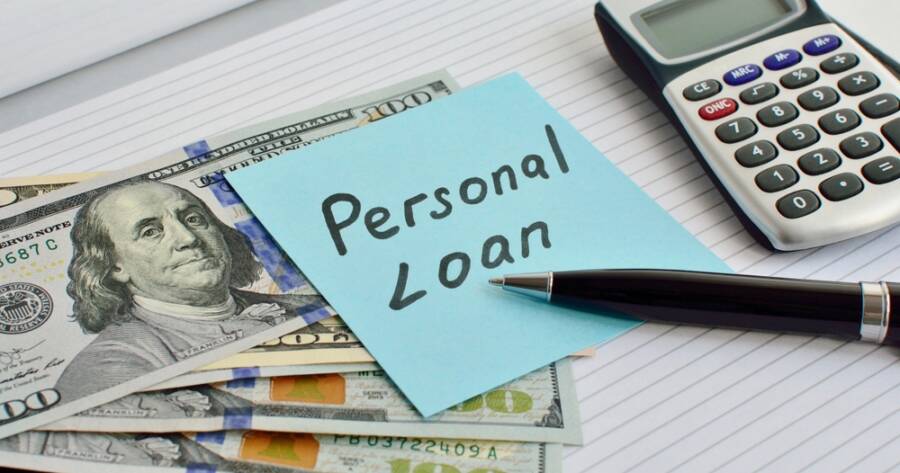Personal loans are a widely used financial tool that offer flexibility and quick access to funds for various purposes—from consolidating debt to financing major life events. Unlike credit cards or home equity lines of credit, personal loans are typically unsecured and repaid in fixed installments. Understanding the different types of personal loans, their associated advantages, and potential pitfalls is crucial for making informed borrowing decisions that align with one’s financial goals and circumstances.
Types of Personal Loans
1. Unsecured Personal Loans
These loans do not require collateral and are granted based on the borrower’s creditworthiness. Interest rates tend to be higher to compensate for the increased risk to lenders. Unsecured loans are commonly used for debt consolidation, medical expenses, travel, or personal emergencies.
2. Secured Personal Loans
Secured loans are backed by an asset such as a car, savings account, or certificate of deposit. Because the risk to lenders is reduced, these loans usually come with lower interest rates. However, the borrower risks losing the collateral if payments are not made.
3. Fixed-Rate Loans
Fixed-rate personal loans maintain the same interest rate throughout the loan term. This provides predictability in monthly payments, making it easier for borrowers to budget and plan their finances.
4. Variable-Rate Loans
Variable-rate loans have interest rates that fluctuate based on market conditions. While initial rates may be lower, they can increase over time, potentially raising the overall cost of the loan.
5. Debt Consolidation Loans
These are specialized personal loans aimed at combining multiple debts into a single payment, ideally at a lower interest rate. They are particularly useful for simplifying repayment and reducing interest costs on high-rate debts like credit cards.
6. Co-signed or Joint Loans
When a borrower has a limited or poor credit history, a co-signer with strong credit can improve their chances of loan approval. Both parties share legal responsibility, so missed payments can affect both credit scores.
Benefits of Personal Loans
1. Versatility: Personal loans can be used for a wide range of purposes. Whether you’re financing a wedding, covering medical expenses, or upgrading your home, the funds can often be applied wherever they are needed.
2. Fixed Repayment Schedule: Most personal loans come with fixed repayment terms, allowing borrowers to know exactly how much they owe each month. This reduces uncertainty and helps with financial planning.
3. Lower Interest Rates (Compared to Credit Cards): For borrowers with good credit, personal loans often come with lower interest rates than credit cards, especially when used for debt consolidation. This can lead to substantial savings over time.
4. Quick Access to Funds: Many lenders offer fast approval processes and can disburse funds within a few days—or even hours—making personal loans a convenient solution for urgent financial needs.
5. No Collateral Required (for Unsecured Loans): Borrowers who don’t want to risk their assets can opt for unsecured loans. While rates might be higher, there is no immediate risk of losing personal property due to non-payment.
Drawbacks of Personal Loans
1. High Interest Rates for Poor Credit: Individuals with low credit scores may face very high interest rates or be denied altogether. In such cases, a personal loan may not be the most cost-effective option.
2. Origination and Other Fees: Many lenders charge origination fees, which can range from 1% to 8% of the loan amount. Other potential fees include late payment charges and prepayment penalties, which can increase the total cost of borrowing.
3. Impact on Credit Score: Taking out a personal loan affects your credit score. Hard inquiries during the application process can cause a temporary dip, and missed payments can severely damage your credit over time.
4. Risk of Overborrowing: The ease of obtaining a personal loan can lead some borrowers to take on more debt than they can handle. Without disciplined financial management, this can spiral into long-term debt issues.
5. Fixed Repayments Can Be Rigid: While predictable, fixed payments may not offer the flexibility that some borrowers need. If your financial situation changes, you might struggle to keep up with fixed monthly obligations.
Consider Your Options
Personal loans can be a powerful financial resource when used strategically. With a variety of types to suit different needs and the potential to offer lower interest rates than other borrowing methods, they provide clear benefits. However, like any financial product, they come with inherent risks.
Evaluating your financial health, understanding the terms, and choosing a reputable lender are all key to ensuring a personal loan supports rather than undermines your financial goals. Always borrow responsibly and consider alternative options before committing.
